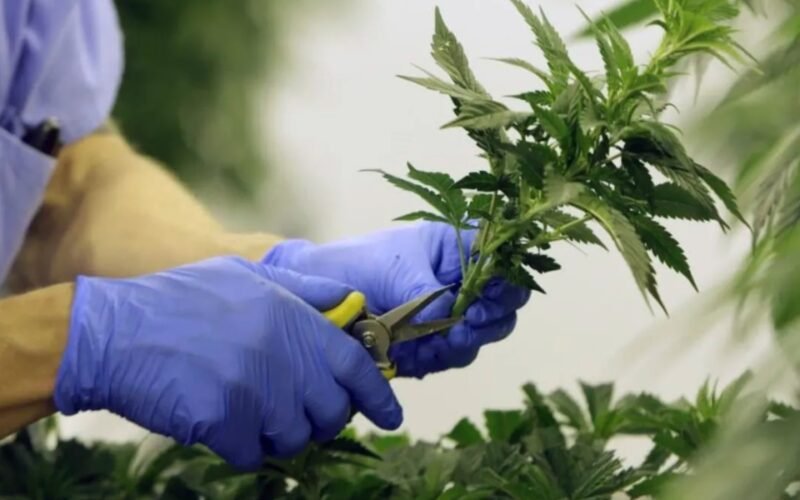Minnesota has recently updated its hemp flower regulations following incidents where hemp samples tested above the legal THC limit. This move aims to refine the state’s burgeoning hemp industry and ensure compliance with federal standards.
Regulatory Response to ‘Hot’ Hemp
The Minnesota Department of Agriculture (MDA) has been notified of technical issues during the THC testing of hemp samples, leading to potential overestimation of THC levels. This revelation has prompted a thorough review of testing procedures and the implementation of new regulations to prevent future discrepancies.
The MDA is taking steps to address the concerns raised by the affected hemp growers and to refine the testing process. This includes closer scrutiny of laboratory practices and more stringent oversight to ensure the accuracy of THC measurements.

Ensuring Compliance and Quality
In response to the testing errors, Minnesota’s hemp program is introducing stricter guidelines for THC testing. These include the adoption of new calibration standards and proficiency testing to ensure that all hemp products meet the legal THC threshold of 0.3%.
The state is also reinforcing the importance of compliance with these regulations among growers and processors. This is crucial not only for the legality of the products but also for maintaining consumer trust and the integrity of the local hemp industry.
Moving Forward with Caution
The recent testing issues have highlighted the need for robust regulatory frameworks in the rapidly evolving hemp industry. Minnesota’s proactive approach serves as a model for other states navigating similar challenges.
As the industry continues to grow, the lessons learned from these testing discrepancies will be invaluable in shaping a sustainable and compliant hemp market. The MDA’s commitment to continuous improvement and transparency is expected to bolster the state’s position as a leader in hemp production.




